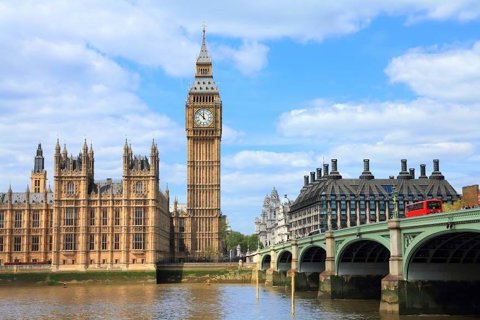
Double Amputee Can Walk Again with New Prostheses
We helped a woman who lost her both her legs after being hit by a car get specialist rehabilitation, support and prosthetic limbs so she could walk again.


Solicitor, Personal Injury
In a recent statement, the Justice Committee has stated that a lack of access to Legal Aid is the “single greatest obstacle” to families getting justice through the inquest systemin the UK.
An inquest is an investigation, which consists of a public hearing, into a death which appears to be due to unknown, violent or unnatural causes. It is designed to find out who the person who has passed away is in addition to where, when and how they died. In some inquests, the scope of the inquest can be widened to include the broader circumstances leading to the persons death. An example of this may be when a person has died whilst they have been in custody or when they have been in state detention. The question of how the person passed away is usually the most difficult question to be answered during the process of an inquest.
In the UK, coroners are responsible for making enquiries where the cause of someone’s death is unknown. Investigations are undertaken on their behalf by the Coroners Office which has a different role from that of a court because there are no formal allegations of accusations. This means that there is no power to blame anyone directly for the death. At the end of the inquest, the coroner will give their conclusion which will appear on the persons final Death Certificate and the death can finally be officially registered.
Understandably, the process of an inquest can be traumatic for the bereaved family of the person who has passed away in these circumstances. There can be a real mixture of emotions experienced during the search to find out what has happened to their loved one which aims to help them make sense of such a loss in addition to ensuring that, where applicable and appropriate, there is proper accountability for the circumstances or actions which had some kind of impact on their loved one’s death.
In order to support families in these dreadful circumstances, it has been proposed to the government that bereaved families should be able to participate in the inquest process. As part of this, a cross party group of MPs have argued that these bereaved families should be able to obtain access to public funding for legal representation at inquests which involve the state. This would include providing legal aid in cases where it is most needed.



UK Government. (n.d.). Exceptional case funding for representation at inquests. Retrieved from https://www.gov.uk/government/publications/exceptional-case-funding-for-representation-at-inquests/exceptional-case-funding-for-representation-at-inquests (Accessed: December 2, 2023)
UK Government. (2020). Guide to Coroner Services for Bereaved People. Retrieved from https://assets.publishing.service.gov.uk/media/5e258ec240f0b62c52248094/guide-to-coroner-services-bereaved-people-jan-2020.pdf (Accessed: December 2, 2023)
Bereavement Advice Centre. (n.d.). Coroners' Inquests. Retrieved from https://www.bereavementadvice.org/topics/death-certificate-and-coroners-inquest/coroners-inquests/ (Accessed: December 2, 2023)
UK Government. (2019). Review of Legal Aid for Inquests. Retrieved from https://assets.publishing.service.gov.uk/media/5c5b3896e5274a317cc0eb52/review-of-legal-aid-for-inquests.pdf (Accessed: December 2, 2023)
(2022). Legal Aid for Inquests. Retrieved from https://www.inquest.org.uk/legal-aid-for-inquests (Accessed: December 2, 2023)
(n.d.). About Us. Retrieved from https://www.inquest.org.uk/about-us (Accessed: December 2, 2023)
Fill in the form below to get in touch with one of our dedicated team members, or call our team today on: 0800 260 5010